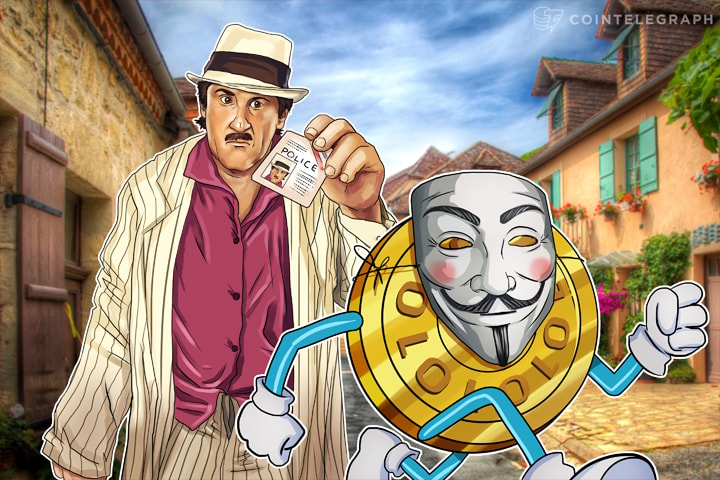European regulators are looking to cut terrorism off at its source by stopping its funding in the wake of the Paris and Brussels terror attacks. For them, this means casting a scrutinizing eye over the anonymous digital currencies such as Bitcoin.
The European Commission (the legislative arm of the European Union), has already taken steps to crack open the anonymous nature of Bitcoin when in June it updated its anti-money laundering rules to force digital currency exchanges to check their clients are who they claim.
Attractive anonymity
Because cryptocurrencies such as Bitcoin are characterized by the ability to send and receive money with no need to identify oneself to a centralized authority, regulators fear that it could be an attractive avenue for criminals to use.
However, there is not a lot of evidence that suggests terrorists are all rushing to use Bitcoin, or that the digital currency is funding terrorists’ plights.
Customer due-diligence
Customer verification is already a major part of established exchanges, and it is this sort of controls that the commission hopes will help in monitoring criminal activities, as well as money laundering.
"The Commission proposes to bring virtual currency exchange platforms under the scope of the anti-money laundering directive, so that these platforms have to apply customer due-diligence controls when exchanging virtual for real currencies, ending the anonymity associated with such exchanges," the European Commission said in a news release.
Because Exchanges, like Kraken, for example, are already in compliance, the effects of European regulation has been negligible. According to Garrick Hileman, an academic at the University of Cambridge in England's Judge Business School, exchanges already operate with best practice on anti-money laundering and "know your customer" rules.
ISIS and the Dark Web
Allegedly, part of the crackdown has come from the supposed funding of the so-called Islamic State through the Dark Web.
"There is a shadow banking system that now exists around the world that is capable of moving unlimited amounts of money… Terrorists know the banking system is well-monitored," Scott Dueweke, the founder of Zebryx, a digital identity consultancy, told CNBC.


